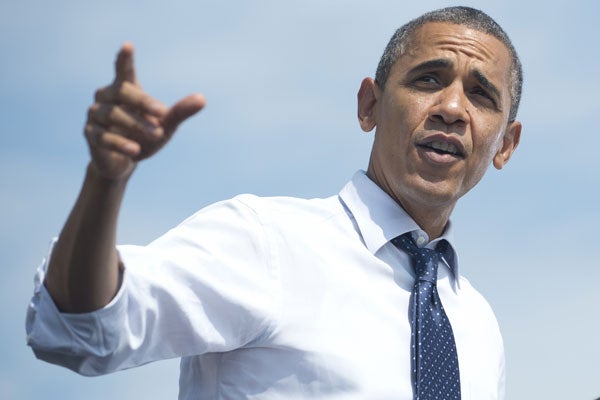The new crop of nominees for President Obama’s Global Development Council need look no further than The Heritage Foundation’s just-published 2013 Index of Economic Freedom for inspiration.
When the President announced the creation of the council last year, its stated purpose was to provide guidance on new developments and ideas in the delivery of foreign aid from experts outside the government and nongovernmental organization sphere.
However, there is no mystery. We already know what leads to higher living standards in the developing world. It is not developmental aid; it is economic freedom, including free trade—not the strongest suit for the Obama Administration.
Write Index editor Terry Miller and Heritage economist Bryan Riley:
The latest rankings of trade freedom around the world, developed by The Heritage Foundation and The Wall Street Journal in the forthcoming 2013 Index of Economic Freedom, once again demonstrate how citizens of countries that embrace free trade are better off than citizens of countries that do not.
Specifically, the countries ranked in the top 25 percent in free trade register a gross per capita national income 10 times higher than those in the bottom quarter: $32,507 versus $3,528. Other categories of economic freedom measured in the Index are rule of law, limited government, and regulatory efficiency.
Members of the Global Development Council ought to read the Index of Economic Freedom before they start making recommendations. The White House nominated nine of the 12 possible members just before Christmas. The council will be chaired by PIMCO CEO Mohamed A. El-Erian. The eight other nominees are Richard C. Blum, Sylvia Mathews Burwell, Esther Duflo, Sarah Beardsley Degnan Kambou, James M. Manyika, William K. Reilly, Steven Schwager, and Smita Singh. Three other members are still to be nominated.
Were the White House to desire copies of the Index for the council’s first meeting, they know where to find The Heritage Foundation, which would be most pleased to provide as many as needed.
